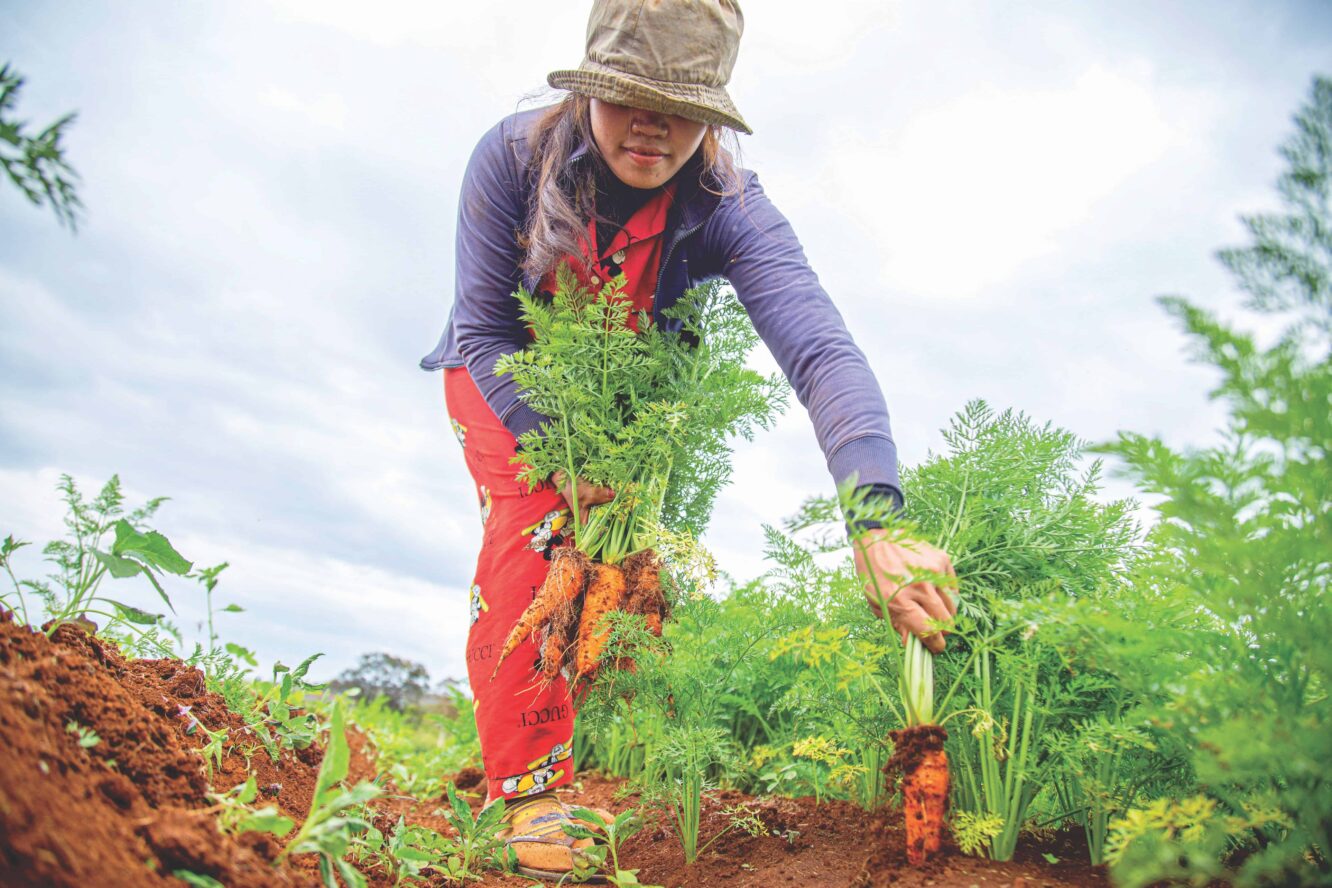Going green in your garden? For all of us in the northern hemisphere, spring has sprung or is still about to start, and it’s probably safe to say that we’re all looking forward to it.
But as the snow is melting away and birds start singing, it’s high time we get to work prepping our gardens for the season of growth.
Whether you’re aiming for self-sufficiency or, like Ferdinand, simply enjoy the scent of flowers, the time has come to get to work.
And if your fingers aren’t as green as your thoughts, we’ve got three questions for you to ask yourself if you’d like to achieve a greener garden. Because, contradictory as it may sound, gardening isn’t necessarily green…
Going Green in your Garden
1. What’s so hot about plastic pots?
We all know that plastic pollution is a global environmental issue, but have you thought about all the plastic pots used in your gardening?
Aside from being single-use and petroleum-based, there’s one additional reason plastic gardening pots are awful: they usually come in black.
The infra-red scanners at recycling facilities can’t identify black plastic, so the pots go into incineration or landfills instead.
Can you believe that up to 98% of all plastic pots used in gardening end up in landfills?! So, what to do?
The R’s of sustainability are handy for rethinking plastic use in your garden: Reduce, Reuse and Recycle… Make that two of the R’s!
Reduce the amount of black plastic you use by opting for biodegradable or beige plastic pots that can be recycled instead.
And if you’ve got plenty of black plastic pots already, then make sure they go a long way and reuse them many times before sending them off for their final rest.
2. Who’s in a rush?
Plants require a wide range of nutrients to grow, including carbon, oxygen, nitrogen, phosphorus. Even metals such as copper and iron!
But, as is the case for us humans, too much intake isn’t good either.
This can become a problem in our gardens as we add inorganic fertilizers to make our plants grow faster.
Fertilizers can cause toxic heavy metals to accumulate in the soil if overused. If it rains and the nutrients leak into local water bodies, fertilizers can cause eutrophication, which occurs when an excess of nutrients causes a boom in algal blooms. This drains the water of oxygen, which in turn threatens the water quality and wildlife.
Rather than purchasing a fertilizer at the store for that extra growth boost, you can apply some circular thinking to your garden and start a homemade compost.
How?
Set up a bin or an open heap in a friendly, shady part of your garden and throw in a mix of composting materials. The microorganisms in the compost prefer a combination of “green” materials, such as grass clippings, weeds, or kitchen waste, and “brown” materials like wood chippings and dead leaves.
In other words, you’ll get an all-natural fertilizer for your plants and an excellent place for waste disposal, all in one! And all the maintenance it requires is to be turned every once in a while to add some air.
3. Why can’t we all just get along?
Fertilizers aren’t the only addition to your garden that threatens its green status. Our reliance on pesticides to protect our crops comes with some pretty nasty side effects, as you can imagine.
It’s certainly understandable that you don’t want pests and weeds in your garden. After all, they either eat your plants or out-compete them, taking up all the nutrients, light, and water.
But before you go wild with that pesticide spray, there’s one main issue with pesticide use in the garden that you should be aware of: they don’t discriminate.
Pesticides don’t just impact the worm-eating of your tomatoes but also all flora and fauna in your garden. If it’s toxic to the worm, it’s probably toxic to other insects. And if a bird eats it, chances are it’ll affect it too, and on it goes.
Suffice to say that pesticides are a significant threat to pollinators globally, and with three out of four of the crops we eat depending on pollinators, it’s in our best interest to help them out wherever possible.
As the first line of defense against pesticide use, have a good think about which plants you grow in your garden. Are they suitable for your local climate and conditions?
If yes, they’re more likely to have a decent innate defense against attacks from pests. If it’s a crop that tends to be a favorite of other garden inhabitants, protect it with a net that prevents insects from getting to it.
And if your garden does end up under siege from weeds and pests, there are plenty of ways to combat them rather than resorting to pesticides.
Hand-picking weeds, hoeing, or promoting natural predators are significant measures to combat pests in your garden.
Think it over
There are many ways we can be more conscious of how we garden. We hope this has inspired some first steps you can take.
Just remember that:
1) black plastics are not-so-fantastic;
2) slow and steady wins the race and
3) love thy neighbors.
Think that over, and you’ll be well on your way to a greener garden!
Related posts:
Share this Post



